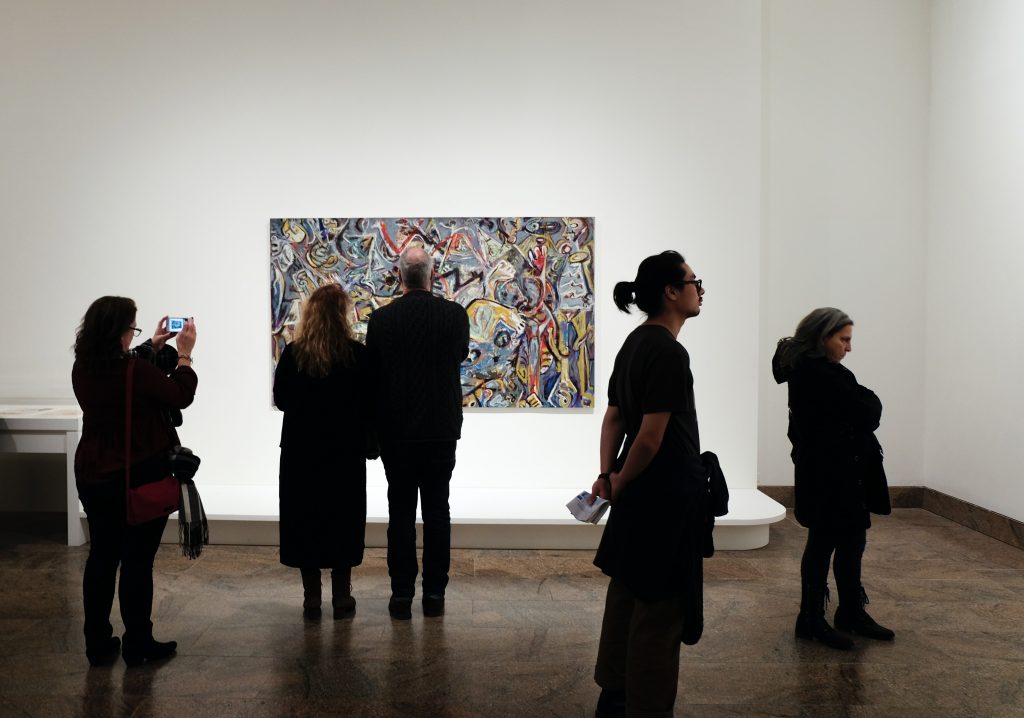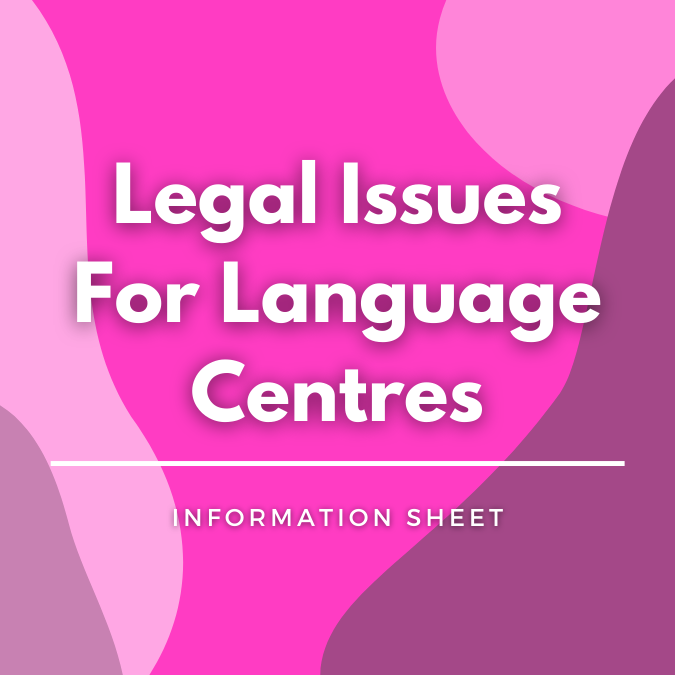Wyndham Art Prize 2021

Arts Law regularly reviews the terms and conditions of competitions and rates them out of five stars. Our review looks broadly at the terms and conditions of a competition. In particular, we look closely at how a competition deals with an entrant’s copyright and moral rights and consider this in light of the prize. Entrants should always take into account the possible profile-raising which may result from being a finalist or winner.
By accepting the terms and conditions of a competition, entrants should be aware that they may be entering a legally binding contract.
For more information, see our free information sheet on competition conditions. Artists are welcome to contact Arts Law for legal advice on the terms of a competition. We also invite competition organisers to contact Arts Law for best practice assistance to make their terms and conditions fairer for artists.
Please note: Prior to February 2018, Arts Law rated out of five stars only the terms of a competition which dealt with copyright and moral rights. Arts Law’s competition reviews are now more holistic, such that our rating out of five stars now reflects a broad review of all the terms and conditions of the competition. For more information see our website.
Review
This month, Arts Law has reviewed the terms and conditions of the Wyndham Art Prize 2021 in Victoria, organised by the Wyndham City Council (Council) in Victoria. The deadline for this competition is 21 February 2021.

Arts Law has rated this competition 5 out of 5 stars.
Congratulations to the Wyndham Art Prize 2021! Arts Law made suggestions to the competition organiser how to improve this competition’s terms and conditions to make them more artist friendly, and we are delighted that it took on board our suggestions. As a result, the terms and conditions are an excellent example of best practice when dealing with artists.
This is an annual contemporary art prize. Artworks can take any form, including (but not limited to) sculpture, painting, drawing, printmaking, textiles, photography, installation, sound digital, video.
The competition is open to all Australian citizens and permanent residents of at least 12 months, whose artwork was completed after 1 January 2019. Note the eligibility requirements for one of the prizes, the Local Emerging Artists prize (including that the entrants be a resident of Wyndham).
There are 3 cash prizes:
First Prize: $12,000 non-acquisitive
Local Emerging Art Prize: $5,000 acquisitive (the winning work becomes part of the Wyndham City Contemporary Art Collection)
People’s Choice Award: $2,500 prize non-acquisitive (sponsored by Arts Assist)
Finalist entries will be exhibited at the Wyndham Art Gallery (the Gallery) from 13 May to 27 June 2021 and online in a digital exhibition.
Copyright
The competition organiser is to be congratulated for the way it deals with an artist’s copyright. It demonstrates a respectful treatment of artists’ rights.
Put simply, copyright is an artist’s right to control the use of its artwork, including controlling reproductions of it. Importantly, and rightly so, the terms state that entrants retain copyright in their art works and are not required to give away their copyright to the Council. Winners and finalists must grant the Council a royalty-free copyright licence to use and publish their artworks.
We are really pleased that the competition organiser implemented Arts Law’s suggestions to create an artist-friendly copyright licence, with the following parameters placed on the licence: it is a non-commercial licence, meaning artworks can’t be put on merchandise for sale; artworks can’t just be used for any purpose, but only for the restricted purpose of promoting the Prize and the Gallery (specifically, as part of the exhibition, in Council promotional material and on the Council’s websites and social media pages); and it’s a non-exclusive licence, meaning the artist is free to license their works to anyone else. For the winners of the 2 non-acquisitive prizes (ie the First Prize and the People’s Choice Award), it is great to see that the licence is only given for 5 years, aside from archival use which is forever – that makes sense. For the winner of the acquisitive prize, the licence is perpetual – meaning the Council can use it forever. This is acceptable given that the Council acquires the artwork and may want to reproduce it in years to come (provided of course it is for the restricted purpose). Finally, the licence is only required from the finalists and winners, rather than all entrants, and this reflects best practice.
We also like that the terms state that any digital display of artworks will be in low resolution to prevent copying.
Moral rights
In addition to an artist’s copyright in their artwork, an artist also has moral rights in respect of their artwork. Moral rights include the artist’s right to be credited, and the right to have their artwork treated with integrity, meaning no derogatory treatment of their artwork eg alterations to the artwork.
At Arts Law’ suggestion, the competition organiser has included a term dealing with moral rights, expressly stating that the artist will always be credited whenever their work is used and exhibited. It is also expressly stated that no changes, edits or alterations will be made to an artwork without first obtaining the artist’s prior written consent – unless such changes are reasonable cropping on reproductions for layout purposes. This is respectful of artists, as well as being practical and fair for the competition organiser.
Other important information
It’s great to see that the Gallery provides insurance for artworks while in its care, custody or control including storage, handling and display. Otherwise, the terms state that it is the artists’ responsibility to have insurance for their artworks to and from the Gallery. This fair and reasonable.
Artists should also bear in mind that their artworks need to be collected by the deadline of 11 August 2021 otherwise they may be disposed of. Given that the exhibition finishes on 27 June 2021, this is a reasonable time frame.
To conclude
The competition offers some good cash prizes with an opportunity for profile-raising, on very fair terms. Arts Law worked with the competition organiser to make these terms and conditions artist friendly. Arts Law was impressed with the organiser’s enthusiasm to listen to our suggestions and to implement them. In doing so it demonstrated to us how committed it is to artists’ rights and to following best practice with regards to empowering artists and creative communities. Well done for excellent terms and conditions!
You can lodge a query with us here if you would like to obtain advice from Arts Law about this competition.
Further Information
Please email us at [email protected] to tell us about any competitions or prizes you think we should check. See more about Arts Law’s campaign to improve competition terms and conditions in the Prizes and Competitions section.




